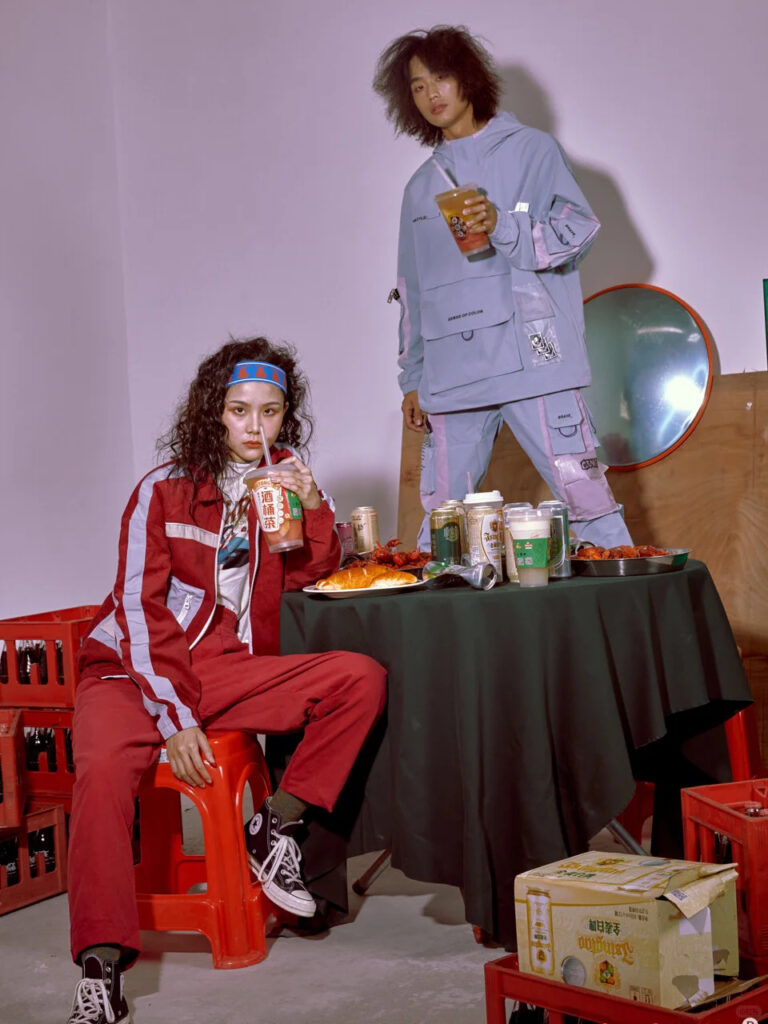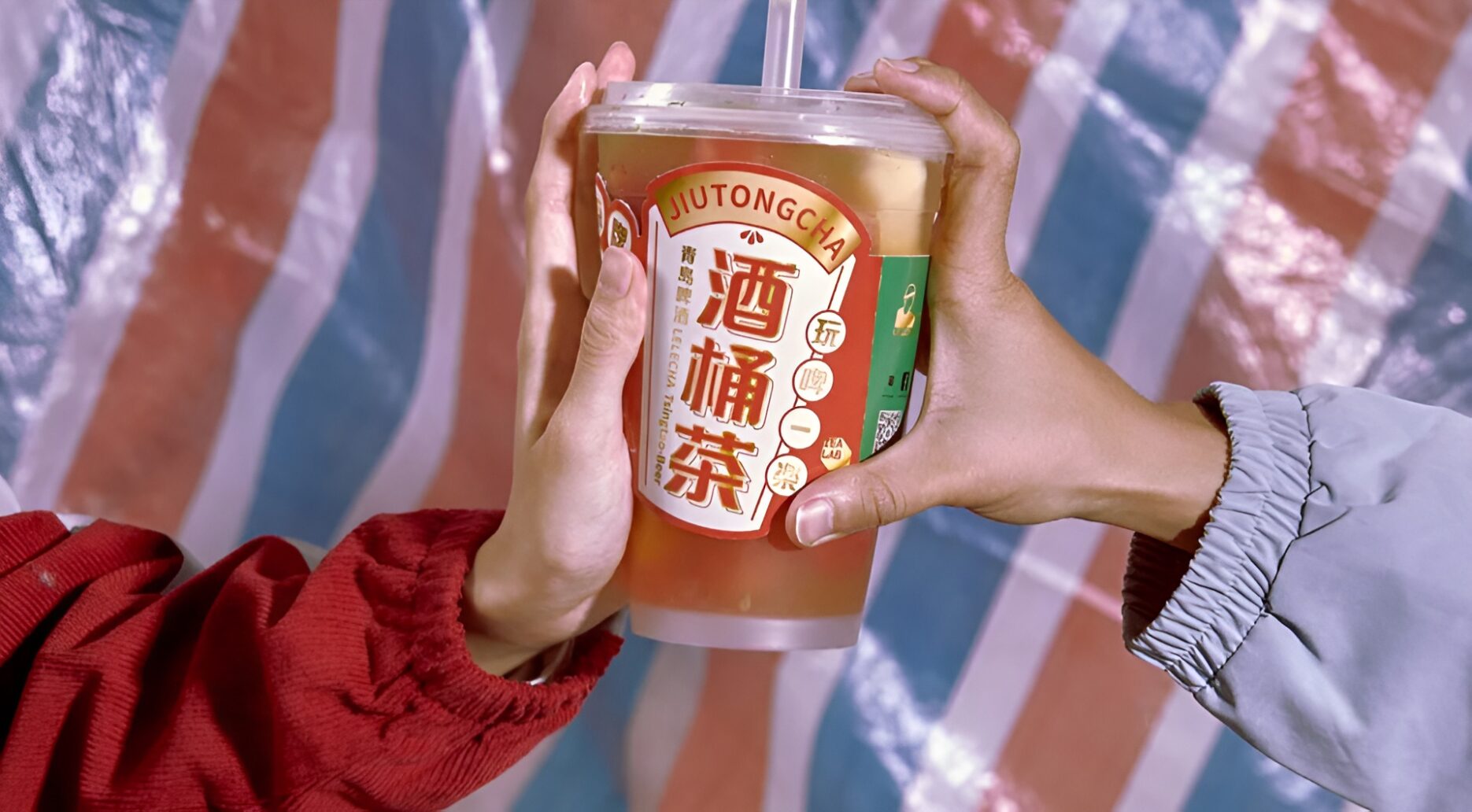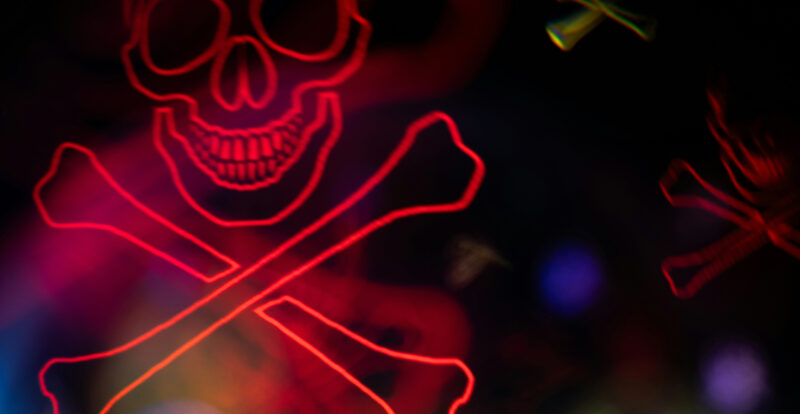The term ‘Little Sweet Water’ (小甜水) is being increasingly used to describe a sweet tooth trend emerging in China’s beverage market, but not in the way you might think. This new generation of drinks blur the line between dessert and alcohol. Think fruit-infused beers, milk-tea cocktails, or sparkling teas with a light boozy edge.
Imagine drinking in China, and your mind might shoot towards scenes of boozy banquets, the passing around of cigarettes and raised glasses of baiju (白酒). But for China’s Gen Z and young white-collar workers, ‘Little Sweet Water’ drinks offer a softer, more social alternative.
Collaborations on the trend have been active for some time: LELECHA × Tsingtao beer, HEYTEA x David Lai, HEYTEA x Corona, and in craft beer bars across the country, tea-infused beer is a common sight on the taps. But now brands are going further. In October, Mixue Bingcheng (蜜雪冰城) – better known for budget milk tea and ice-cream – made headlines by acquiring a draft beer company, signalling how seriously chains are taking this cross-category wave.

The timing is smart. According to market data from Vyansa Intelligence, China’s alcoholic-drinks market is valued at US $ 320.9 billion in 2025 and is projected to grow modestly to USD 343.6 billion by 2032. But within that landscape, low-alcohol innovation is driving pockets of faster growth. Industry research from Market Research Future forecasts that China’s ready-to-drink (RTD) alcoholic beverage sector will double from USD 25 billion in 2024 to USD 50 billion by 2035, making it one of the most dynamic categories in the beverage space.
For brands, the message is clear. First, target new occasions: the after-work unwind, the soft-buzz dinner, the shareable weekend drink. Second, blend flavour and form: fruit, tea, and dessert notes with low-ABV recipes that look as good on social media as they taste. Third, collaborate and localise: team up with tea, dessert, or craft players, and root new launches in Chinese flavours. The result? A market that’s less about hard drinking and more about clean living, and for brands, a product line that will prop-up sales in afterwork hours.









